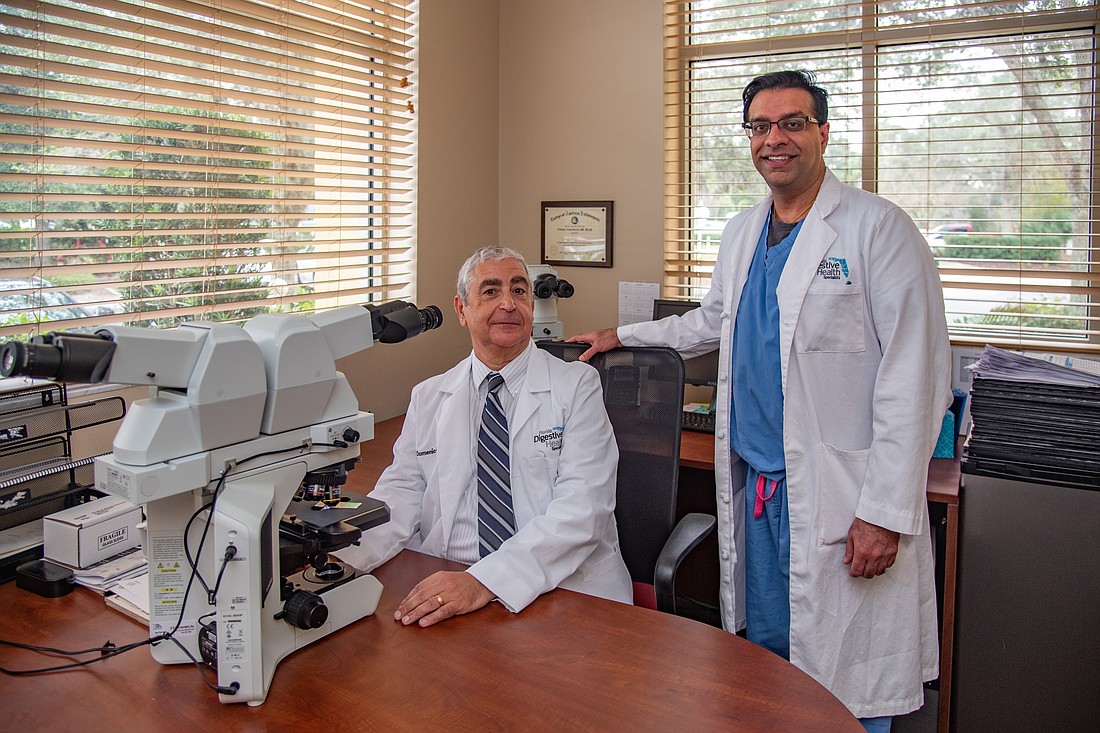- December 15, 2025
-
-
Loading

Loading

Lakewood Ranch physician Dr. Arun Khazanchi takes the future of the medical practice he leads, Florida Digestive Health Specialists, personally.
As in personalized medicine.